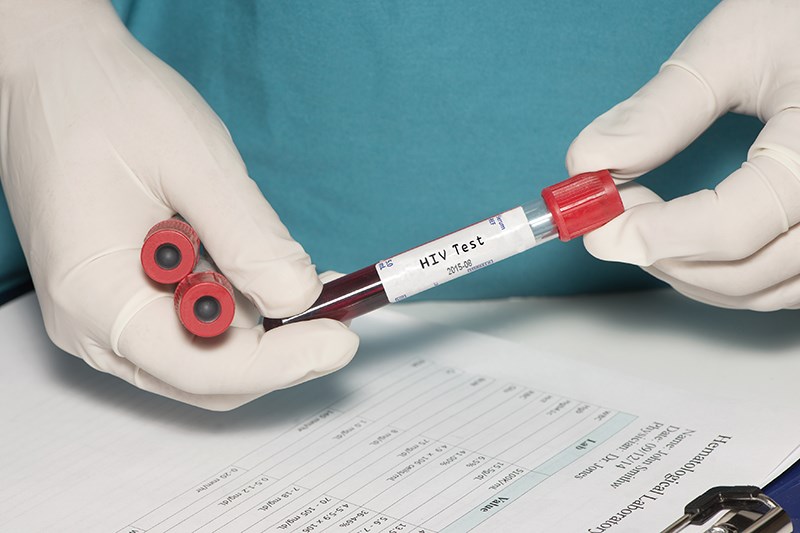Although it doesn’t dominate headlines as much as it did in the late 1980s and 1990s, Acquired Immune Deficiency Syndrome (AIDS) is still a medical issue of which Squamish residents need to be aware, according to medical officer Dr. Reka Gustafson.
Thousands of Canadians are infected with the Human Immunodeficiency Virus (HIV), the virus that leads to AIDs, every year. In B.C. there were about 12,000 people living with HIV in 2014, according to a provincial HIV testing guidelines report.
A year ago, doctors and nurses at Squamish General Hospital and in Squamish-area doctors’ offices began offering HIV tests to patients, but according to Gustafson of Vancouver Coastal Health, offering the test hasn’t become as routine in the corridor as hoped.
“We did implement routine HIV testing in Squamish hospital and testing rates doubled, but having said that, testing rates were quite low in the hospital,” said Gustafson. Vancouver Coastal Health officials did not offer more detailed Squamish testing numbers due to privacy concerns.
“The uptake isn’t what we would like it to be. In other words, the test isn’t being offered as often as we would like it,” Gustafson said.
She said there can be numerous reasons the test isn’t being offered more, including not having certain information systems for medical staff, such as electronic health records that have a reminder to ask about the test flash on the screen.
“How far it is implemented often depends on the information system they are using,” she said. “It is happening, and I hope that as we update our information systems it is going to happen more and more.”
It takes a while for there to be big changes in medical practice and over time, Gustafson believes it will become second nature for an HIV test to be done according to the provincial recommendations.
The recommendations are that if a person is sick enough to be sent for blood work, then HIV testing should be part of it, Gustafson said.
All patients between 18 and 70 years old should be offered an HIV test every five years, regardless of their health status.
It is estimated that 25 per cent of people who carry HIV don’t know it, according to 2013 VCH statistics. Routine testing finds those people and early detection can mean the difference between a full life or premature death and the possibility of transmitting the disease to loved ones, Gustafson said.
“If you treat someone early with HIV, they can expect a nearly normal lifespan, so in their 70s, and they can have intimate relationships and not transmit the virus to others,” she said. “Not only are you offering people a long life, you are offering them a good and full life, with jobs and partners.”
Anyone who is sexually active is vulnerable to HIV, she said.
Of individuals infected in Canada in 2011, 47 per cent were men who had sex with men, 37 per cent were heterosexuals, and 14 per cent were injection drug users, according to government of Canada statistics.
HIV/AIDS treatment services are available in the corridor at the Whistler and Pemberton Health Care centres.
For more information on HIV and AIDS go to www.vch.ca and search HIV/AIDS.




